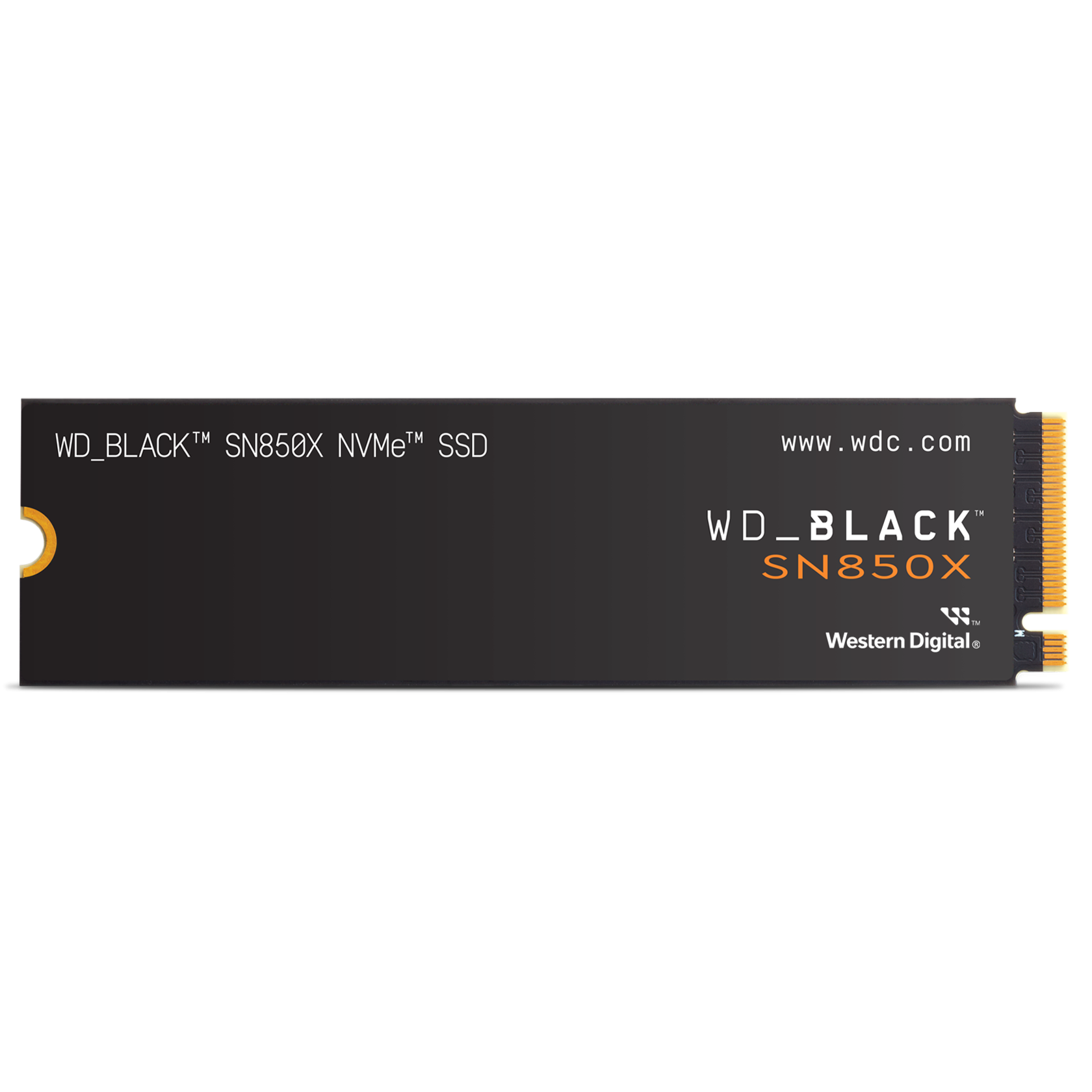It will not degrade as fast as you might think, maybe degrade after a few years of audio/video production (best guess).
Never(?) heard there is a industry standard for recording and mixing (but I'm not the expert).
Assume most would rather use SSD, instead of HHD.
But one thing to know, when a file is "deleted" off a HHD, a new file can be written on that same space right away (like milli-seconds).
When a file is deleted off an SSD, it takes the SSD time to fully "reset" the same space for a new file, so it might take up to a few minutes or up to an hour (rough guess) for a new file to take the same place (SSD features called Garbage and TRIM).
So if your doing a long session of Audio/video work and the computer seems to slow the processing, you might have to run the TRIM command and wait a little while (several minutes) for the computer to free up space on the SSD.
But I'm not the expert, so double check everything I've said


